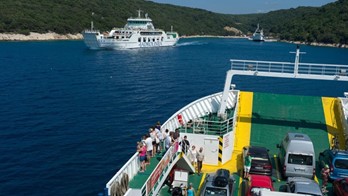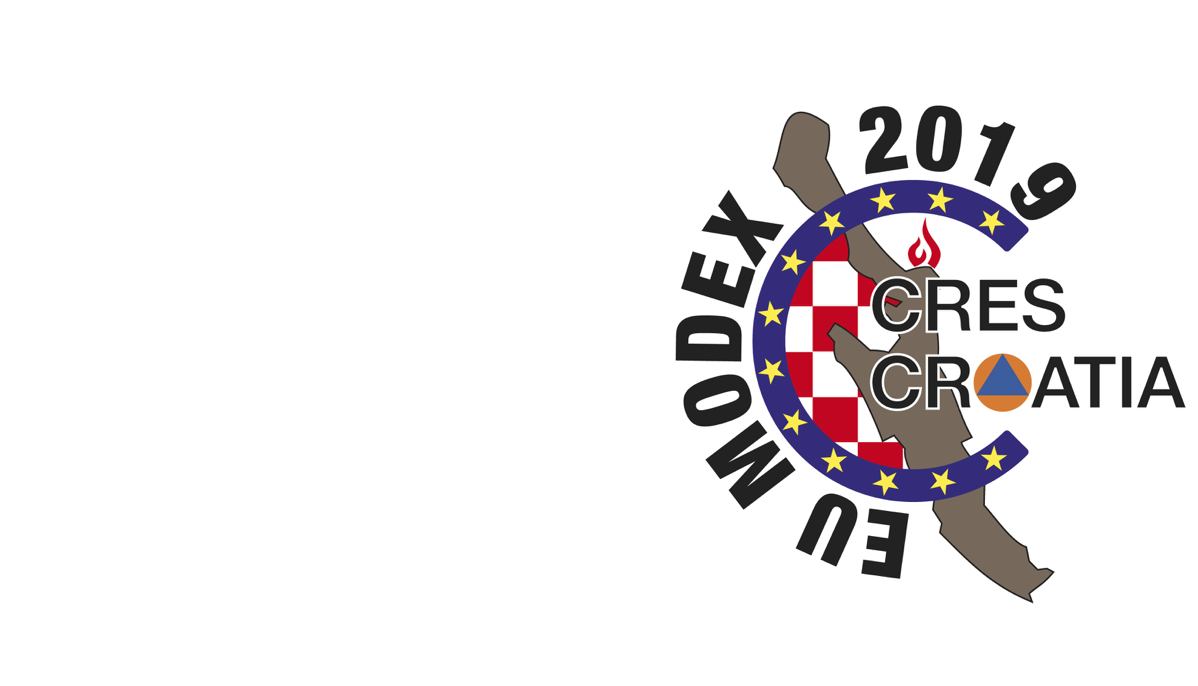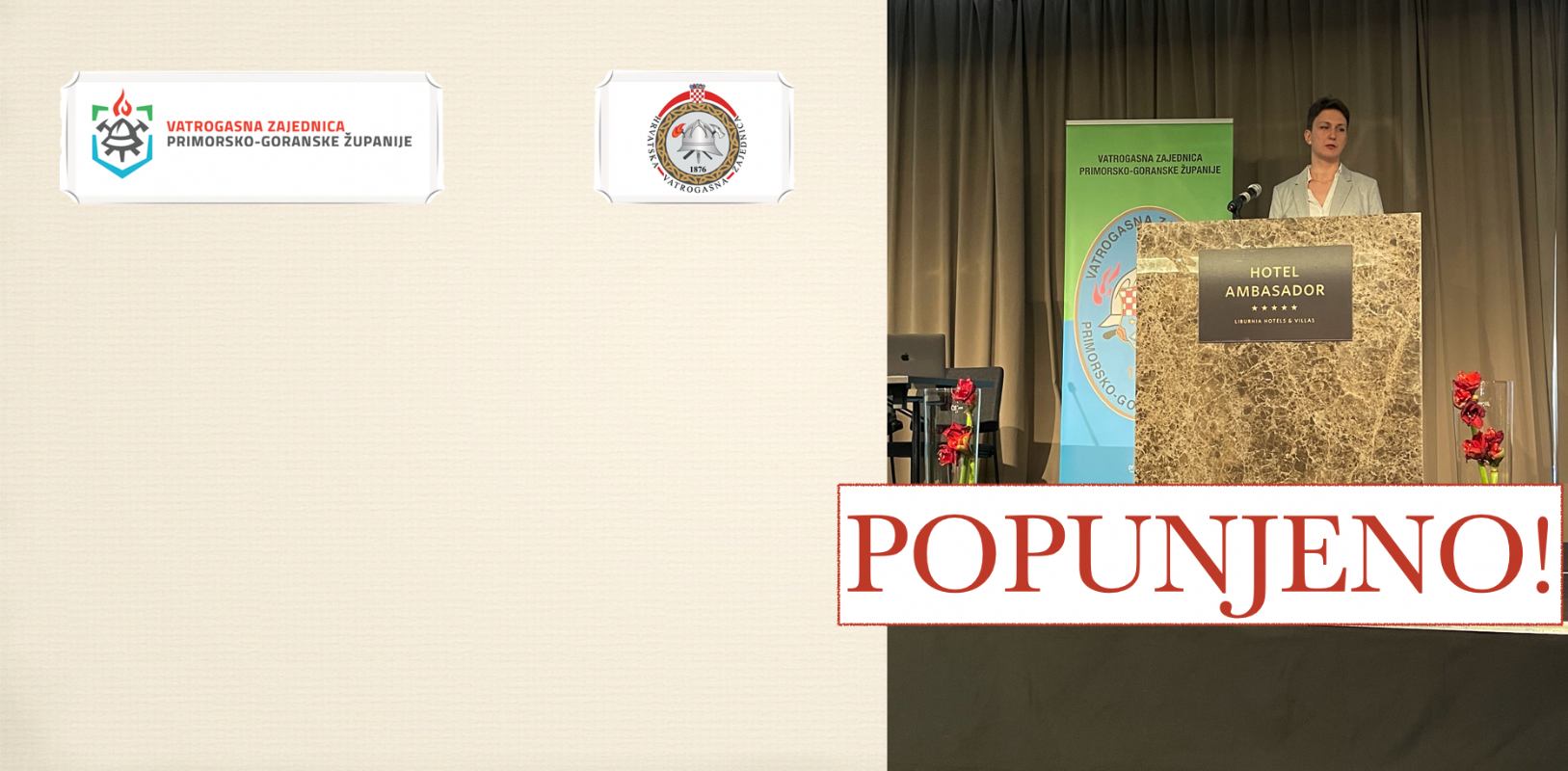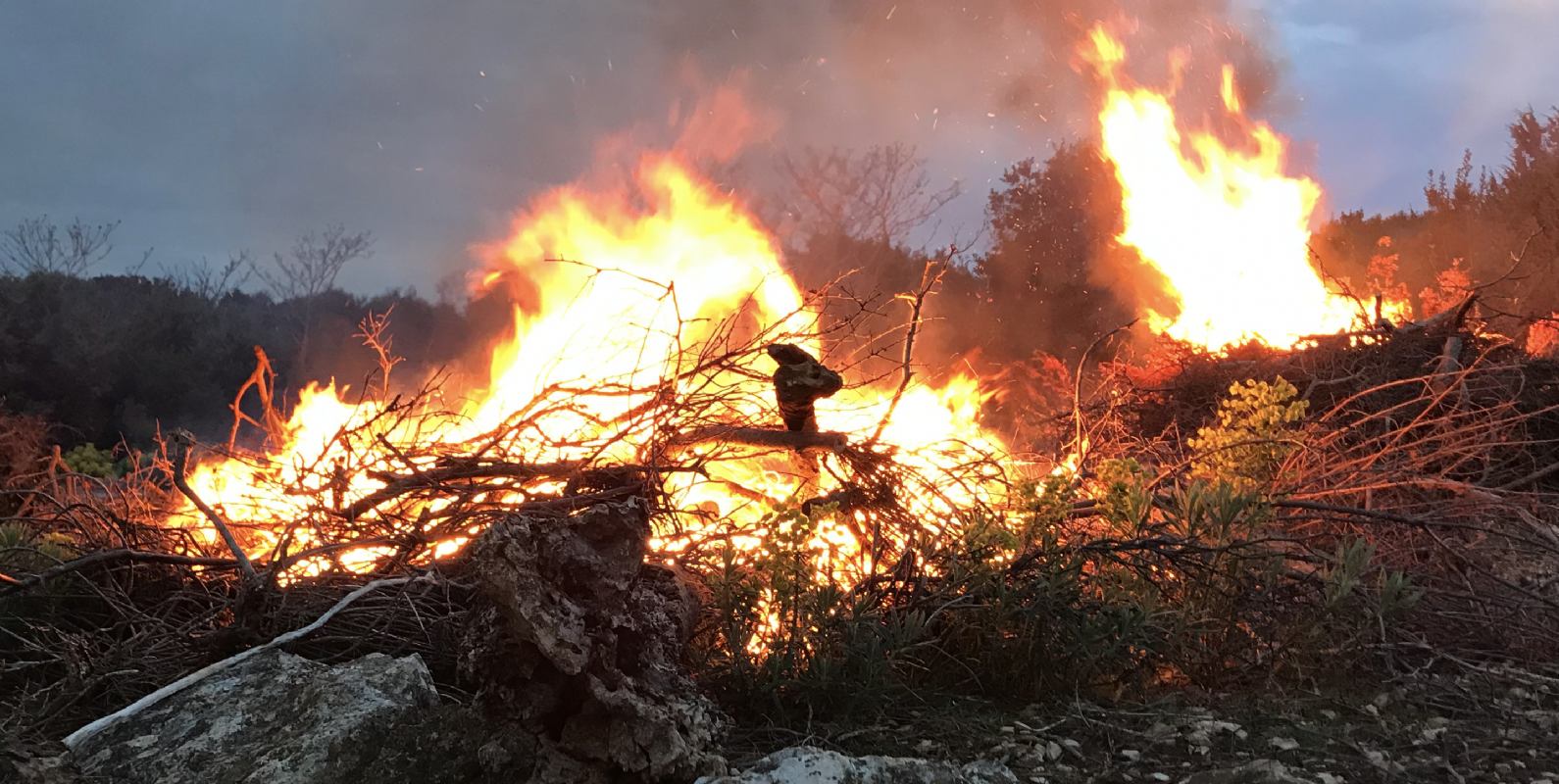From April 7-10, 2019 a large-scale
international firefighting exercise "MODEX CRES 2019” will be held on the island of Cres. There will be more than 300
participants from 10 European countries. This will be the first international exercise
in forest fire fighting in the history of EU.
EU expressed recognition to Republic of Croatia and its Firefighting
Organization by selecting Croatia to host the exercise. Firefighting exercise „MODEX CRES 2019" is part of EU Project „ROMEX"
and falls under the activity of Union Civil Protection Mechanism whose basic
purpose is to promote cooperation of member states during interventions in
cases of natural catastrophes, technological and ecological incidents of large
scale. Out of 34 member states of this Mechanism, around 10 will participate in
the exercise on the island of Cres. Besides Croatian Firefighting Department
there will be at least seven land modules coming from Greece, Spain, France, Austria,
Romania, Italy and Bulgaria.The organization of exercise was entrusted to Croatia who has
participated in an EU exercise back in 2008. At that time, Croatia was not an
equal member of EU. Ten years later, as an equal member state, Croatia is host
and organizer or this large and demanding exercise. All preparatory activities
are being performed by Croatian Firefighting Association in coordination with Romanian
Consortium CN APELL and in cooperation with local authorities of city of Cres,
where the exercise will take place. Selection of Croatia to host the exercise is not unexpected. Croatia has
a highly organized firefighting service, adequate technical equipment, high quality
and well educated firefighters. Being a roof organization of Croatian
firefighting, Croatian Firefighters Association is consistently investing in
excellence and education of its firefighters which includes following new
trends, application of new technologies and acquaintance with new tools.
Croatian firefighting experts are recognized out of Croatia as well and
regularly participate on various meetings and firefighting conferences around
the world.Exercise on island of Cres will last for 76
hours without interruption and will show whether EU is ready for large forest
fires like recent once in Sweden and Greece. The exercise will not focus on
technical capacities but rather on strategy, planning, tactical activities, effectiveness
of operations, team cooperation, flexibility, managing and execution of international
forces in an unknown territory. The aim is to create as realistic situation as
possible in order to detect needs in cases when one member states requests
international assistance.
Exercise is part of pilot project on Advanced Regional Cooperation in Civilian Emergency Situations
Exercise on the island of
Cres is being realized within pilot project on Advanced Regional Cooperation in
Civilian Emergency Situations and co-financed by NATO, Department of Science of
Peace and Security Programme (SPS). Croatia joined the Project two years ago
together with Montenegro and partner countries Republic of North Macedonia and
Bosnia and Herzegovina. SPS Programme is promoting dialogue and practical
cooperation between members of NATO and partner countries for 60 years. The
cooperation is based on scientific research, technological innovations and
exchange of knowledge. It encourages practical cooperation on security threat,
one to be particularly tested during this exercise.
Test for European Union and Croatia
Danger of undergrowth fire is increasing every
year. The fire season is prolonging and so is the frequency and intensity of
fires not only in Mediterranean, but also in areas like Scandinavia, who did
not face this kind of threat until now. Consequently, the EU Civil Protection Mechanism
is organizing an exercise on fire extinguishing in the open, more concretely,
forest fire. This prompted a huge international public interest and around 30
observers from EU announced their arrival. "CRES MODEX 2019" will be real life
test for all participants by demonstrating how international forces can act
together in large interventions, their
level of coordination and application of standard operational
procedures.
We will have many participants and the organization of this exercise is challenging. Our goal is to create impression of an actual mission and not the exercise. In order to succeed, we have to know how to work together. This will be a real test for us and we will see how we are functioning together and how successful we are. We have looked at many locations all over Europe to select the one with best capabilities for this exercise and finally decided to do it in Croatia. Thank you Croatia for offering Cres.Gerard Guerin, DG ECHO B1 Emergency Response
This kind of projects are contributing to overall safety of EU citizens and are ensuring higher level of their protection and security. We are very pleased this exercise will be held on the island of Cres. Croatia as a host is very supportive of this project and extends its support to all firefighters who will take part in it. Croatian firefighters are in the front lines in all catastrophic events and we are exercising in forest fire fighting on a daily basis. Therefore, I am confident that Croatia will fulfill all EU expectations in this Project on all levels. Moreover, I am also confident that this exercise will confirm that Croatian forces are ready to give assistance to others, cross Croatian border.
Slavko Tucaković, State Fire Chief - Republic of Croatia
Exercise scenario
Exercise scenario was elaborated by Nikola Tramontana, Expert in Union
Civil Protection Mechanism and secretary-professional associate of
Firefighters' Association of Primorsko-goranska County and Mladen Vinkovic,
Assistant State Fire Chief of Croatia.
According to the Scenario,
a series of fires will start after the thunderstorm on the island of Cress. Few
local firefighters cannot extinguish the fire even with the help of
firefighters from neighboring island of Losinj. Therefore, Firefighting
Association is activating all its forces and seeks help from State Intervention
Units. Due to the fact that all State Intervention Units are already engaged on
other fire sites along the Coast, Croatia initiates EU Civil Protection
Mechanism and calls for help from international community. Scenario plans for
more than 300 participants encountering many challenges during the three days:
spreading of fire will endanger many settlements, local marina, hotel, auto
camp, waste disposal site, but also crucial infrastructural objects including
substation, power lines, water reservoirs, many olive groves and gardens. An
additional challenge for the firefighters will be hardly accessible, and in
some places impervious terrain and lack or non-existence of forest roads. All
these circumstances will lead to request for assistance of air force. Since the fire will spread to majority of
island of Cres, the situation will become extraordinary demanding in sense of
collecting information, establishing coordination of forces on field and
decision making on upcoming operations. A particular challenge will be
communication in English language while having firefighters from different
countries.
Usage of advanced communication technologies
Organization, coordination and commanding of operational forces
participating in interventions during catastrophic scale incidents is a huge
challenge for commanding staff. For swift and efficient intervention there is a
need for cooperation of all emergency services and timely flow of information
is crucial. Due to afore said, Next Generation Incident Command System (NICS)
will be used. It is an advanced information system for managing crisis
situations.
NICS system was developed by US Homeland
Security, Science and Technology in cooperation with Massachusetts Institute of
Technology Lincoln Laboratory and Californian Department of Forestry and Fire
Protection. NISC system allows users to have relevant information in real
time: terrain data, weather situation,
current deployment of operational forces, vehicle location, infrastructure,
aerial photos, etc. One particular feature of the NICS system is that it is not limited, i.e.
can be adjusted and upgraded with data without limitations and depending on
specifics of each particular intervention. All data is synchronized through
network, meaning that NICS system immediately integrates all information in an online map which enables access to all
users and thus speeds up information flow and eases cooperation and
coordination on the field and crucial decision making for the commanding staff
regarding activities in crisis situation.
During the last eight years
NICS system was used in more than 200 actual incidents and proved to be an
exceptionally important tool in successful management of incidents.
Ferry Valbiska (Krk) - Merag (Cres)


Ferry Brestova (Istra) - Porozina (Cres)

Published, 26. March 2019.






